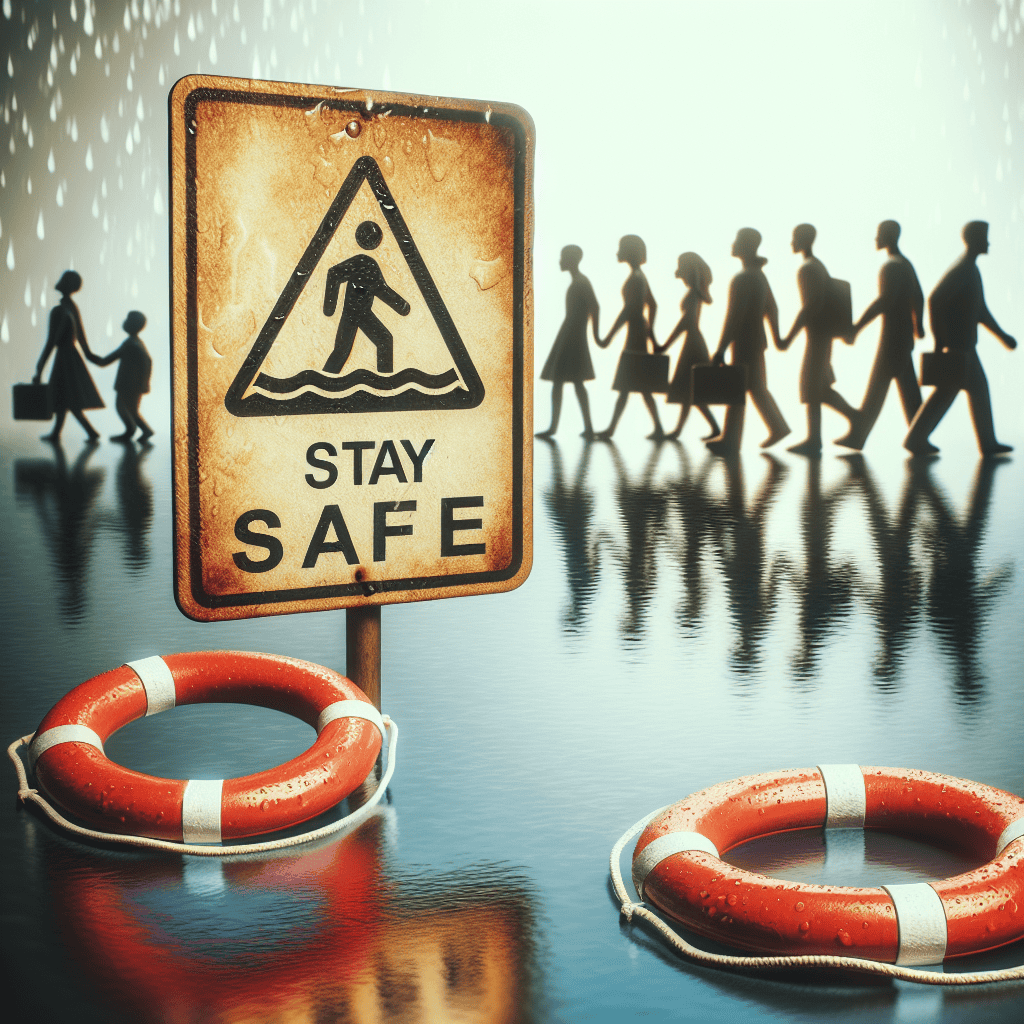Flooding consistently presents significant challenges for communities in Fiji, especially during the adverse weather season from November to April. While recovery efforts prioritize safety, there are critical concerns regarding the safety and quality of food, household items, and essential supplies that must be addressed. This responsibility lies with both consumers and traders, who must work together to maintain public health and wellbeing.
In the aftermath of flooding, some traders may attempt to sell goods damaged by floodwaters at lower prices. While these offers may seem tempting, they pose considerable health risks. Consumers are advised to meticulously inspect food items for signs of damage, particularly the integrity of packaging and expiration dates. Reports from the Consumer Council indicate that contaminated staples like flour, rice, and fresh produce have been sold following floods, emphasizing the need for caution. Selling flood-damaged food is illegal under Fiji’s Food Safety Act, with potential penalties for those who violate this law, reinforcing the importance of consumer safety.
Moreover, flooding often causes prolonged power outages, which can jeopardize the safety of frozen foods. Shoppers should check frozen items for spoilage markers such as discoloration or unusual odors. If there’s any doubt regarding the quality of such products, it is safer not to purchase them. Traders are tasked with responsibly discarding any compromised goods, as maintaining customer trust is vital for the community’s recovery.
Furniture and household items also suffer from hidden damages due to flooding. Consumers purchasing second-hand items should be vigilant, inspecting for mold and structural weaknesses. Transparency from traders regarding the condition of the goods they sell is essential in fostering trust and community resilience.
Price gouging is another unethical practice that can arise during emergencies, as demand for essential items surges. Traders may inflate prices for necessities like batteries and candles, which is prohibited under the FCCC Act. Consumers are encouraged to document instances of price inflation through receipts or photographs and report these unethical practices to authorities.
To effectively navigate the post-flood environment, here are some practical tips for both consumers and traders:
1. Inspect all products carefully for signs of damage or spoilage before purchase.
2. Plan ahead by stocking up on essential non-perishable goods before cyclone season to avoid inflated prices.
3. Traders should be transparent about the history of items, especially concerning flood-related damage.
4. Report any unethical practices encountered to relevant authorities to uphold fair trading standards.
In conclusion, the recovery process after flooding necessitates a collective responsibility between consumers and traders. By remaining informed and adhering to ethical principles, communities can protect public health, ensure fair trade practices, and strengthen resilience against future challenges. The Consumer Council of Fiji remains committed to supporting individuals through this recovery phase, encouraging anyone who needs assistance to use their national toll-free helpline at 155. Together, through vigilance and cooperation, Fiji can emerge from these adversities stronger and more united, fostering a safer and more equitable marketplace for all.

Leave a comment